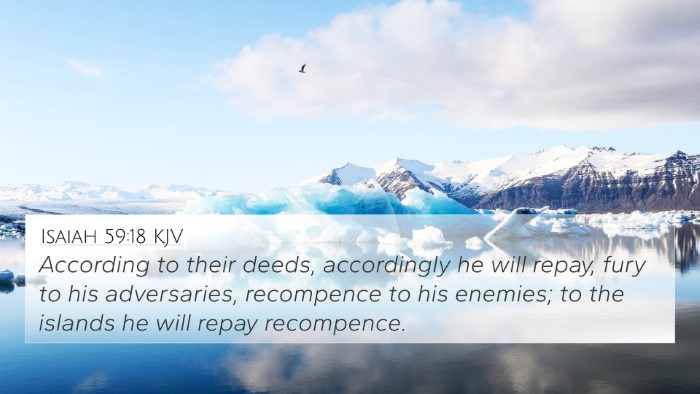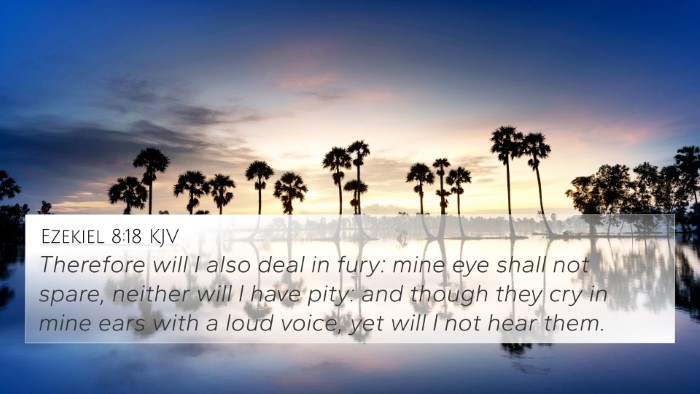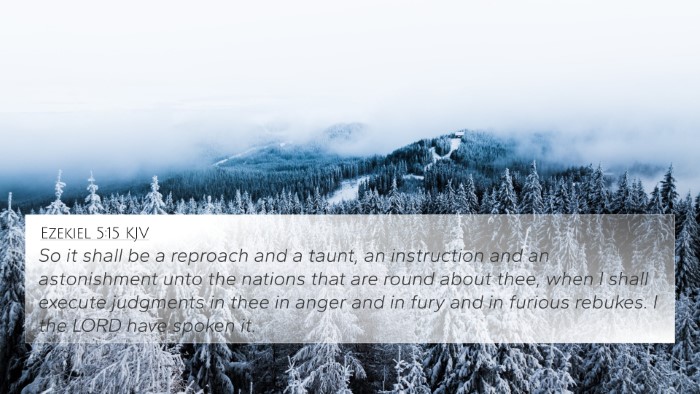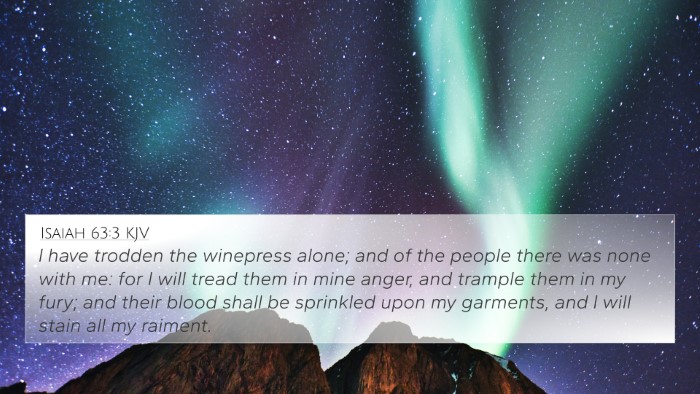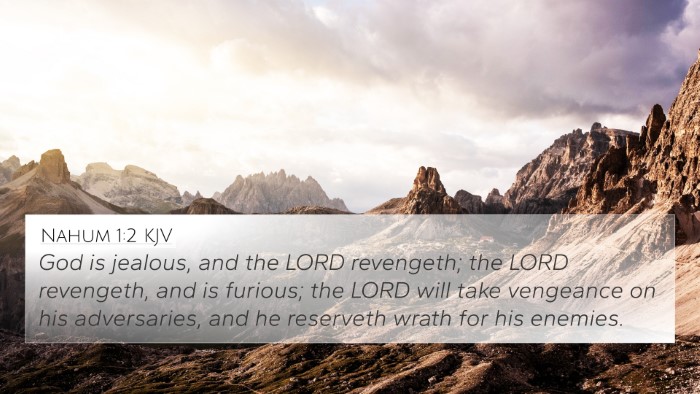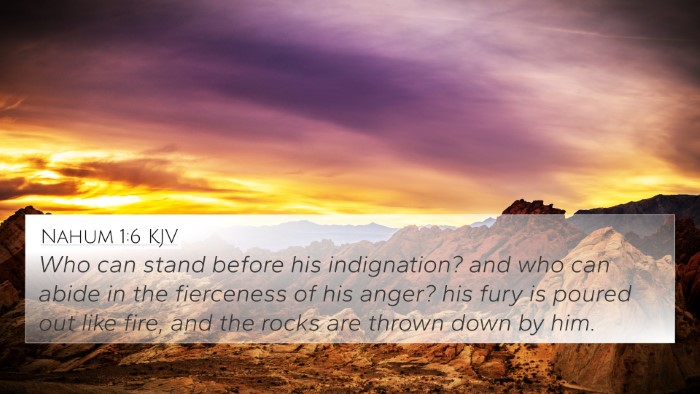Old Testament
Genesis Exodus Leviticus Numbers Deuteronomy Joshua Judges Ruth 1 Samuel 2 Samuel 1 Kings 2 Kings 1 Chronicles 2 Chronicles Ezra Nehemiah Esther Job Psalms Proverbs Ecclesiastes Song of Solomon Isaiah Jeremiah Lamentations Ezekiel Daniel Hosea Joel Amos Obadiah Jonah Micah Nahum Habakkuk Zephaniah Haggai Zechariah MalachiChapter
Leviticus 1 Leviticus 2 Leviticus 3 Leviticus 4 Leviticus 5 Leviticus 6 Leviticus 7 Leviticus 8 Leviticus 9 Leviticus 10 Leviticus 11 Leviticus 12 Leviticus 13 Leviticus 14 Leviticus 15 Leviticus 16 Leviticus 17 Leviticus 18 Leviticus 19 Leviticus 20 Leviticus 21 Leviticus 22 Leviticus 23 Leviticus 24 Leviticus 25 Leviticus 26 Leviticus 27Verse
Leviticus 26:1 Leviticus 26:2 Leviticus 26:3 Leviticus 26:4 Leviticus 26:5 Leviticus 26:6 Leviticus 26:7 Leviticus 26:8 Leviticus 26:9 Leviticus 26:10 Leviticus 26:11 Leviticus 26:12 Leviticus 26:13 Leviticus 26:14 Leviticus 26:15 Leviticus 26:16 Leviticus 26:17 Leviticus 26:18 Leviticus 26:19 Leviticus 26:20 Leviticus 26:21 Leviticus 26:22 Leviticus 26:23 Leviticus 26:24 Leviticus 26:25 Leviticus 26:26 Leviticus 26:27 Leviticus 26:28 Leviticus 26:29 Leviticus 26:30 Leviticus 26:31 Leviticus 26:32 Leviticus 26:33 Leviticus 26:34 Leviticus 26:35 Leviticus 26:36 Leviticus 26:37 Leviticus 26:38 Leviticus 26:39 Leviticus 26:40 Leviticus 26:41 Leviticus 26:42 Leviticus 26:43 Leviticus 26:44 Leviticus 26:45 Leviticus 26:46


